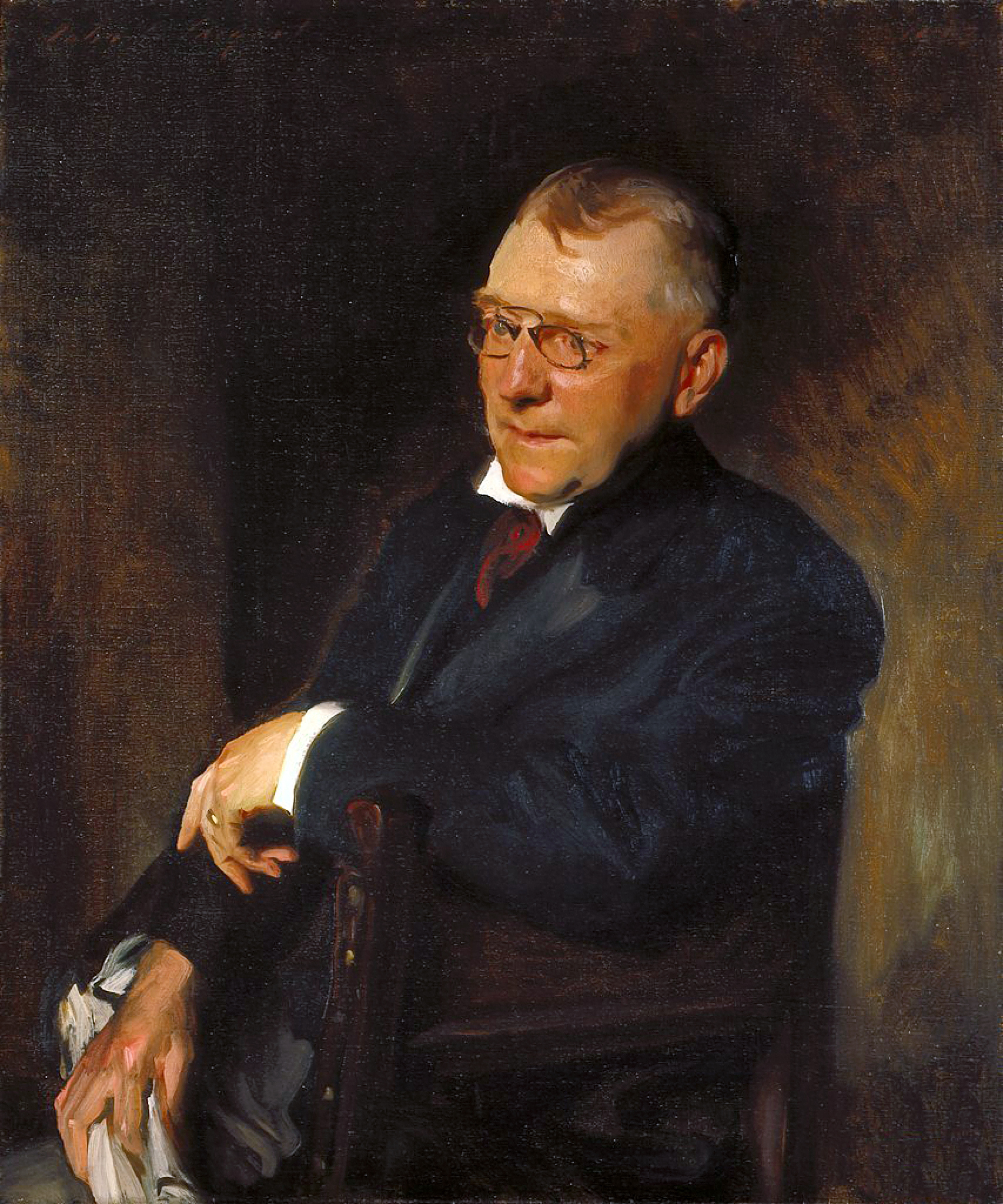

Queer Places:
Riley Home Museum, 250 W Main St, Greenfield, IN 46140
James Whitcomb Riley Museum Home, 528 Lockerbie St, Indianapolis, IN 46202
Crown Hill Cemetery, 700 West 38th Street, Indianapolis, IN 46208
 James Whitcomb Riley (October 7, 1849 – July 22, 1916) was an
American writer, poet, and best-selling author. During his lifetime he was
known as the "Hoosier
Poet" and "Children's Poet" for his
dialect
works and his children's poetry. His poems tend to be humorous or sentimental.
Of the approximately 1,000 poems Riley wrote, the majority are in dialect. His
famous works include "Little
Orphant Annie" and "The
Raggedy Man".
James Whitcomb Riley (October 7, 1849 – July 22, 1916) was an
American writer, poet, and best-selling author. During his lifetime he was
known as the "Hoosier
Poet" and "Children's Poet" for his
dialect
works and his children's poetry. His poems tend to be humorous or sentimental.
Of the approximately 1,000 poems Riley wrote, the majority are in dialect. His
famous works include "Little
Orphant Annie" and "The
Raggedy Man".
Throughout his life, Riley had many strong same-sex relationships. In the early 1880s, while he carried on affairs with women, Riley was bery close to Frank Hays, Charles Philips, George Hitt, and others. Sometimes he expressed himself to men in intense emotional terms. For example, in 1887, he wrote to his friend physician and amateur poet James Newton Matthews: "It is a natural law that men shall love women, but I love you, and 'no knife shall cut our love in two!'"
In 1877 Riley met Clara Louise Bottsford, a school teacher boarding in his father's home. They found they had much in common, particularly their love of literature. The couple began a 12-year, intermittent relationship, Riley's longest.[56] In mid-1878, the couple had their first breakup caused partly by Riley's alcoholism. Riley renewed his relationship with Bottsford in 1880, and the two corresponded frequently. Their relationship remained unstable, but Riley became deeply attached to her. She inspired his poem "The Werewife", which told of a perfect wife who could suddenly become a demonic monster.[79] Bottsford pressed Riley for marriage several times, but he refused.[80] They broke off their relationship a second time in 1881 when she discovered his correspondence with two other women,[81] and found he had taken a secret vacation to Wisconsin with one of them.[82]
In 1887 Riley spent working in Anderson, he met and courted Edora Mysers. The couple became engaged, but ended the relationship after they had decided against marriage in August.
The memorial foundation purchased the poet's Lockerbie home in Indianapolis, and it is now maintained as a museum. The James Whitcomb Riley Museum Home is the only late-Victorian home in Indiana that is open to the public. It is the United States' only late-Victorian preservation, featuring authentic furniture and decor from that era. His birthplace and boyhood home, now the James Whitcomb Riley House, is preserved as a historical site.[189]
My published books: